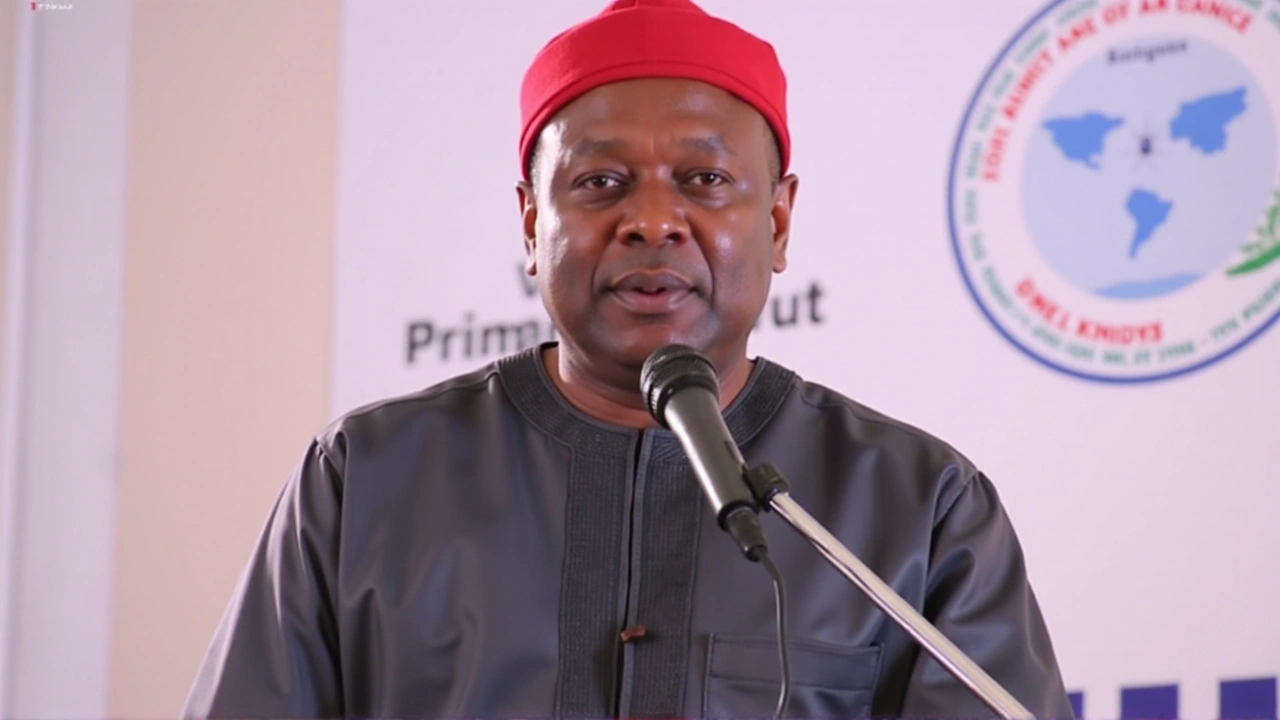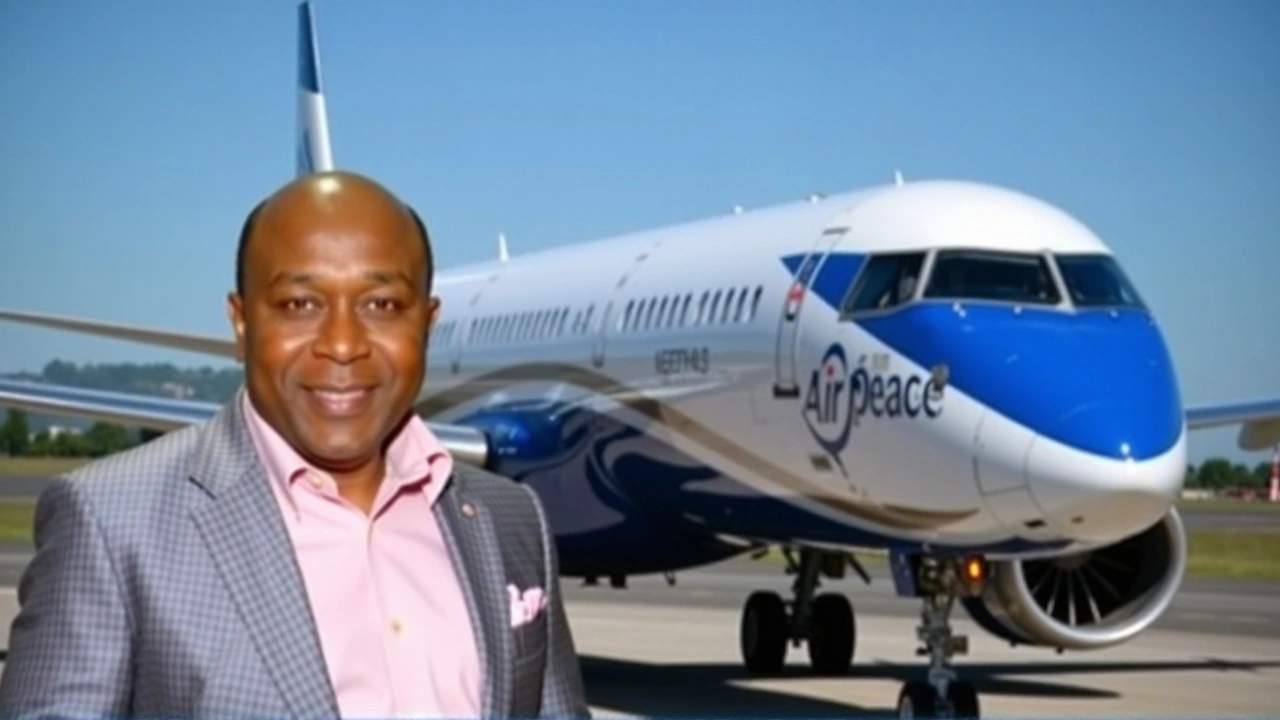Introduction
The intricate web of corporate and legal challenges faced by Allen Onyema, the Chief Executive Officer of Air Peace, has taken center stage as allegations of money laundering and fraudulent activities unfold. The United States Department of Justice accuses Onyema and his Chief of Finance, Ejiroghene Eghagha, of orchestrating a complex scheme involving millions of dollars. Despite these serious charges, Air Peace maintains its position that Onyema is innocent until proven otherwise in court, reaffirming its faith in the judicial process and the truth's eventual emergence.
Background of the Allegations
The allegations stem from a series of financial transactions that began in May 2016. Onyema and Eghagha are accused of utilizing export letters of credit to orchestrate the transfer of over $20 million into accounts located in Atlanta, U.S. These transactions were reportedly under the guise of acquiring five Boeing 737 passenger planes, assets that would presumably bolster Air Peace's fleet and its operations. However, the authenticity of these transactions is under scrutiny, with accusations suggesting that the financial and legal documents supporting these moves were falsified.
The Alleged Financial Misdeeds
The crux of the U.S. Department of Justice's case lies in the assertion that Onyema and his associate committed financial misdeeds. Allegedly, the duo presented fake purchase agreements, bills of sale, and appraisals to justify their financial dealings. Investigations revealed an intriguing aspect of the transactions, indicating that the aircraft was to be purchased from Springfield Aviation Company LLC, a business entity ostensibly owned by Onyema. However, Springfield Aviation reportedly did not have any ownership of the aircraft in question, casting further doubt on the legitimacy of the acquisition process and raising questions about the structural integrity of the underlying financial exchanges.
Reassurances from Air Peace
Amid these allegations, Air Peace has put forth statements intended to reassure stakeholders and the public. The company asserts that while the legal proceedings unfold, its everyday operations will remain unaffected. This assurance is critical for maintaining passenger trust and ensuring business continuity. The airline has emphasized that its legal team is actively engaged in the matter, working diligently to present a robust defense. Air Peace's confidence in the integrity of its executive leadership is unwavering, and it anticipates a favorable outcome from the judicial process that aligns with the company’s narrative of innocence and transparency.
The Role of Legal Representation
Handling a case of this magnitude necessitates a well-prepared legal approach. Air Peace’s legal team is reportedly leaving no stone unturned in their efforts to unravel the complexity of the accusations. Legal experts underscore the importance of adhering to due process and the necessity of presenting incontrovertible evidence to refute the charges. Within the tumult of these accusations, the defense strategy remains methodical and focused on dismantling the prosecution's arguments piece by piece, a task that requires both expertise and strategic acumen.
Continued Operations and Public Perception
The allegations of such a high-profile nature can potentially influence public perception and consumer confidence in Air Peace. The company's reassurance about its operations serves as a crucial factor in maintaining public faith. By affirming that flight schedules and services remain uninterrupted, Air Peace reassures its clientele of its operational integrity. The broader implication of such an announcement is a message of business resilience, underscored by a commitment to overcoming legal hurdles while staying steadfast in serving its passengers.
Potential Implications of the Case
The outcome of this case holds significant implications not only for Onyema and Air Peace but also for the Nigerian aviation sector. The allegations touch upon core issues of financial ethics, regulatory compliance, and cross-border financial conduct. Analysts posit that the case could set a precedent for how similar allegations are handled in the future, influencing policy reforms and corporate governance practices. As the case unfolds, stakeholders in the aviation industry are keeping a close watch, aware of the broader ramifications that the verdict could carry.

Conclusion
As the legal saga continues, the interplay between evidence, legal strategy, and media portrayal will shape the trajectory of Onyema's defense and Air Peace’s corporate reputation. The underlying narrative of justice, truth, and corporate accountability remains central to the discourse. Amidst the legal complexities and financial allegations, Air Peace’s commitment to its operational duties signifies an ongoing effort to balance corporate responsibilities while navigating through legal adversities. The resolution of this case promises to be closely followed, offering insights into the intricate dynamics of corporate legal battles and their broad-spectrum impacts.
